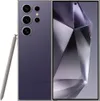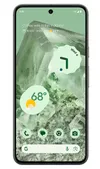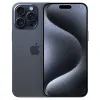Playing catch-up: 9 iOS 18 features Apple stole from Android at WWDC 2024
Apple's been borrowing from Android again
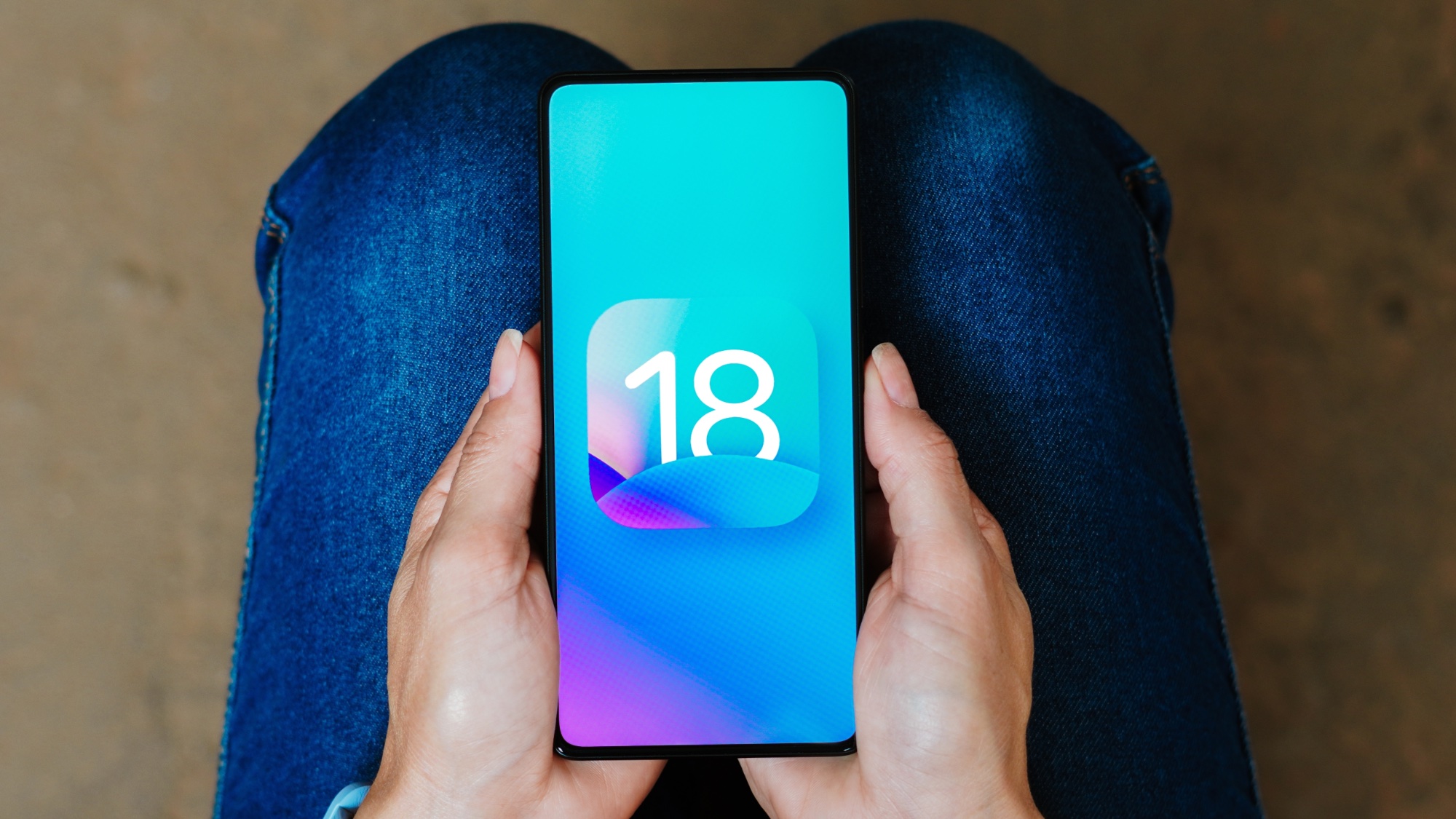
Every long time Android user knows Apple does have a history of “borrowing” features from Google's OS, sometimes multiple years after they first became available. This trend has slowed down in recent years, with iPhones and non-iPhones getting a lot more similar, but the WWDC 2024 keynote did feature a bunch of announcements Android users will be pretty familiar with.
A lot of these features are, frankly, long overdue. The kind of things that make you wonder “what took you so long, Apple?”. Apple is definitely playing catch-up, but in some of these places it’s also adding its own improvements and flourishes — which should hopefully come to Android one day.
Here are 9 features iOS “stole” from Android at WWDC 2024.
Calculator on a tablet
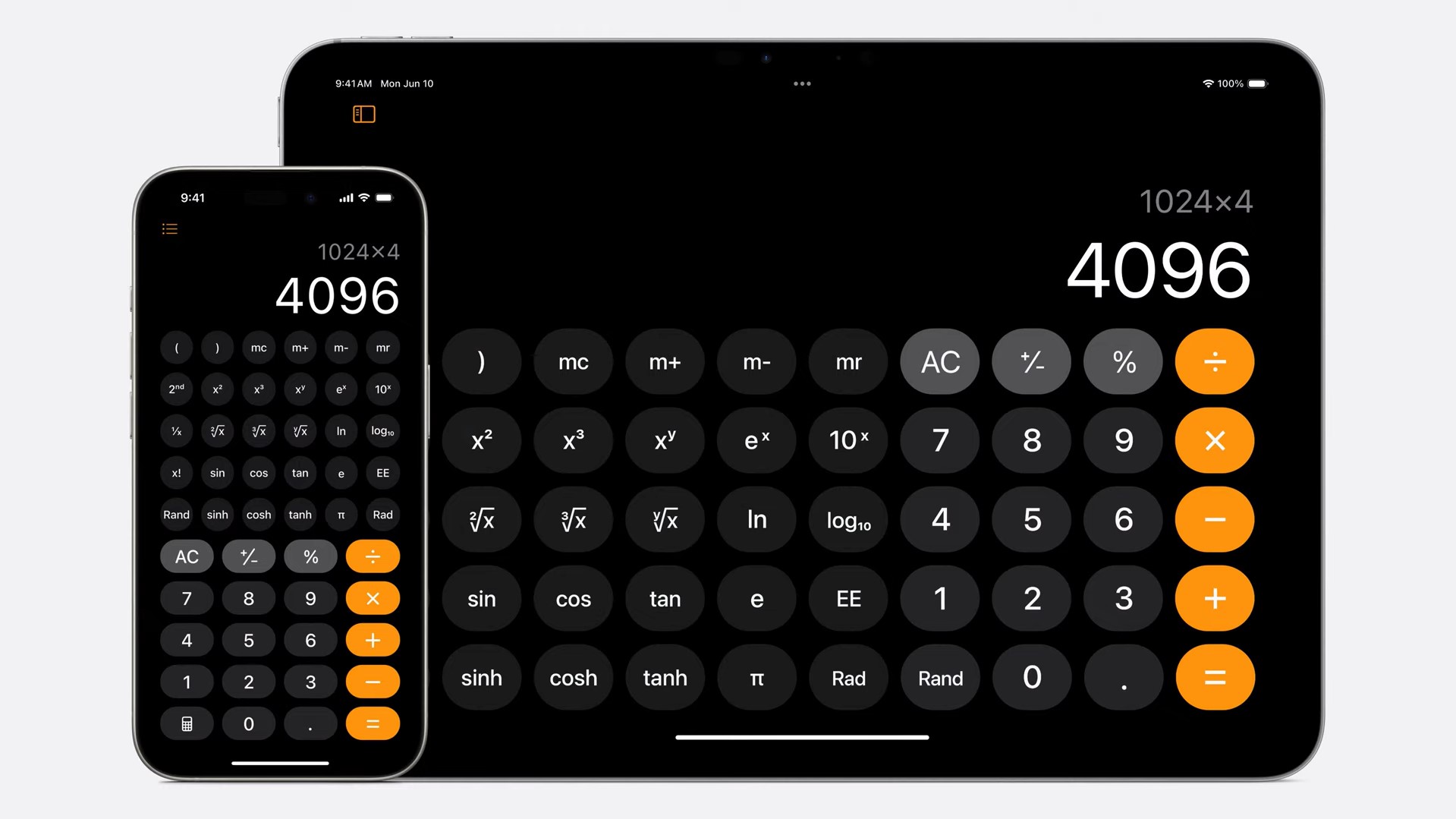
It’s incredible that 14 years after the very first iPad launched, Apple is only just launching a calculator app for its tablet range. While Android tablets definitely have their faults, I don’t think I’ve come across one that didn’t have some kind of stock calculator app — even if it was a super-basic one.
Of course Apple has pushed things a step further by offering MathNotes into the iPad’s calculator, letting you solve equations and other math problems with handwriting. While not a unique idea, it’s not something you’ll get from other phone makers right out of the box.
Home Screen app icon placement
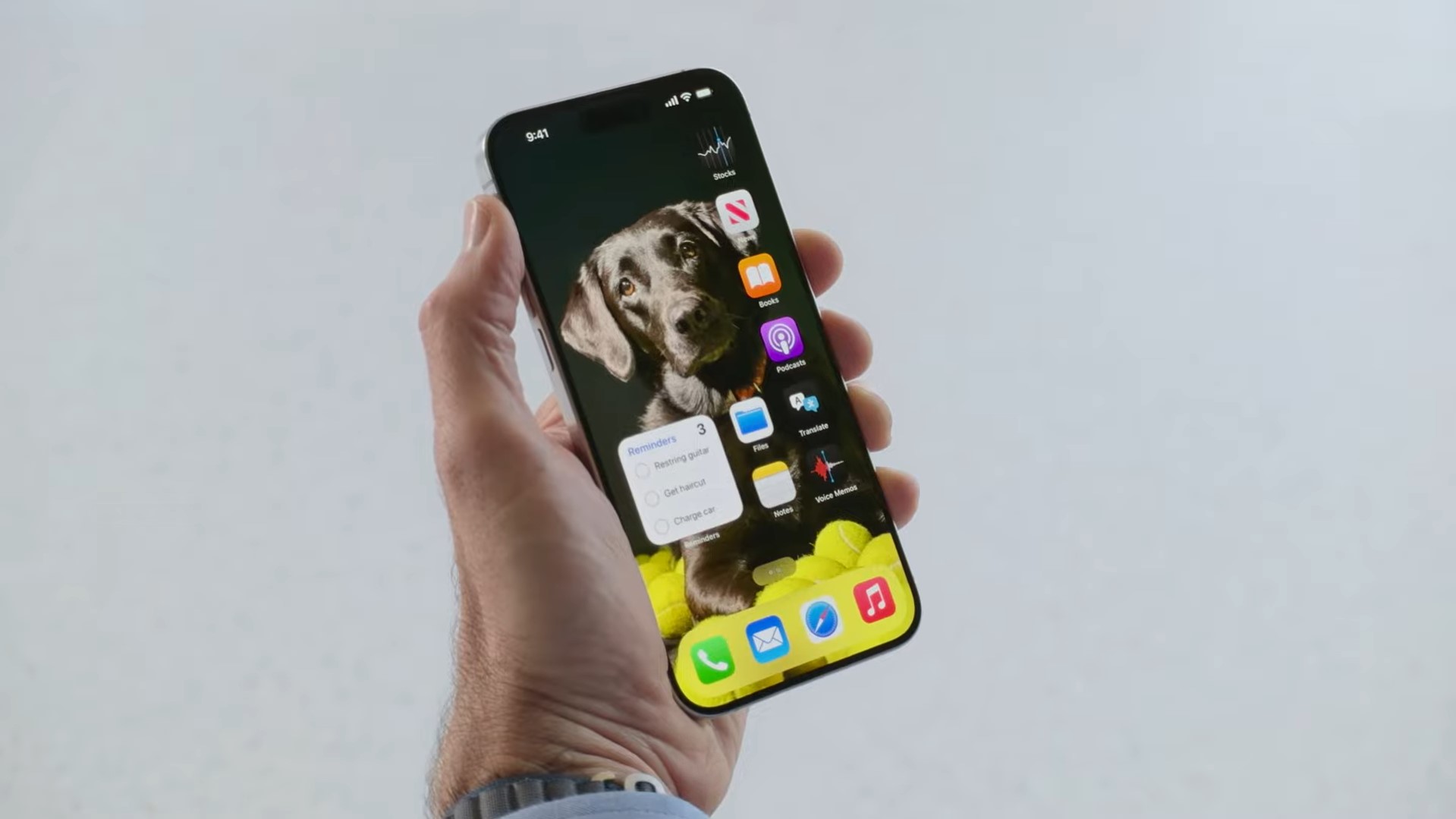
Home screen personalization is one of the things Android has had since day one — 16 years ago. Apple seemed rather resistant to the idea, but has since been drip-feeding users new options over the past few years. The final stage of that is letting people drop app icons wherever they like — rather than forcing them into a grid pattern.
iPads have already been given this freedom for widget placement. However apps, and widgets on iPhone, were still forced to use the grid pattern and weren’t allowed to leave any gaps. Limiting the level of personalization on offer. Fortunately Apple has now decided users can control and place icons to their own taste — starting with iOS 18.
Sign up to get the BEST of Tom's Guide direct to your inbox.
Get instant access to breaking news, the hottest reviews, great deals and helpful tips.
Hidden & locked apps
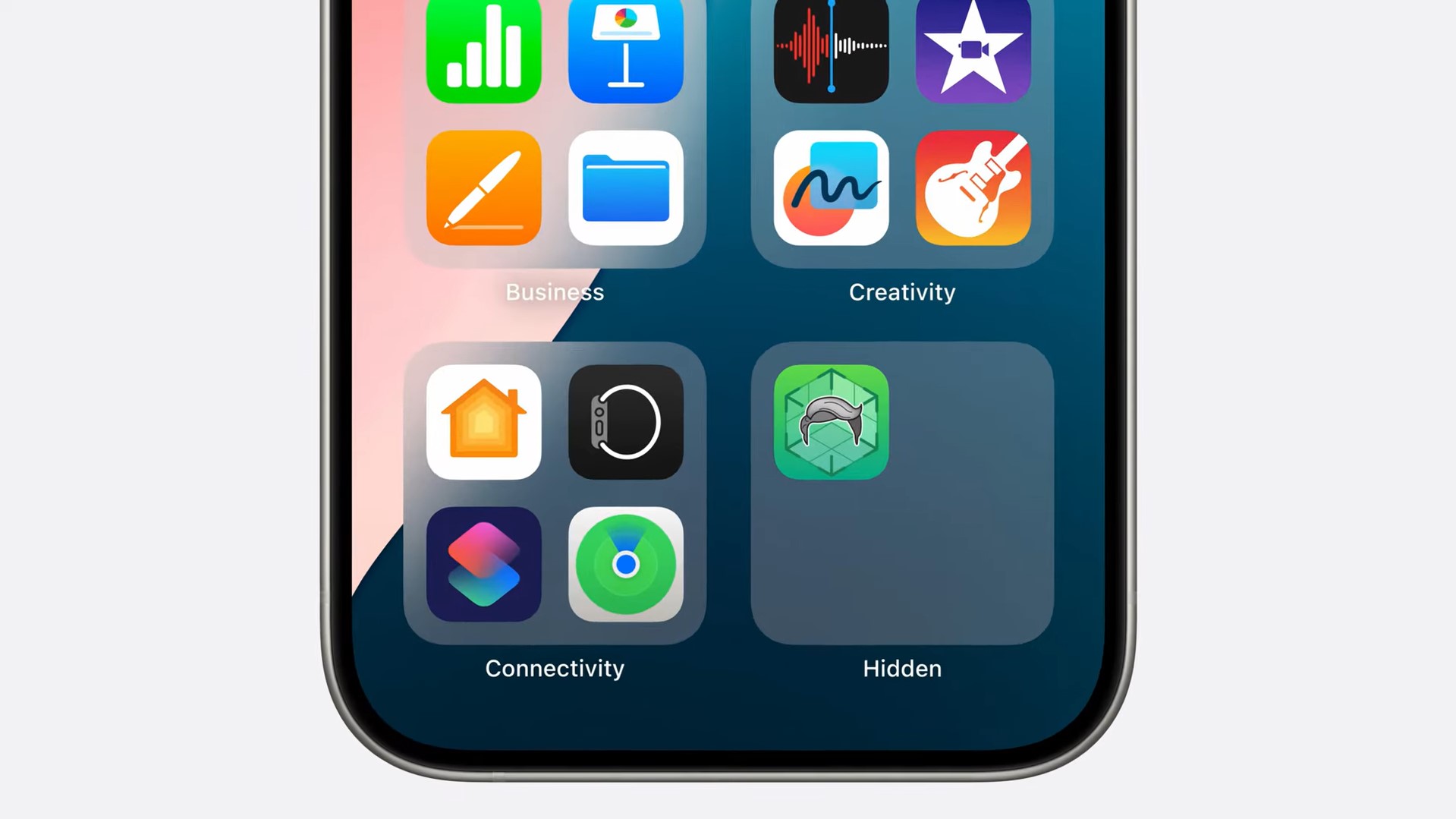
Admittedly Android hasn’t offered the option to hide or lock apps at a system level until very recently. So recently that the Private Space feature is currently only available in beta right now. But various Android phones and launchers have included this feature for many years, regardless of Google’s stubbornness.
Now Apple has done the same, giving users the opportunity to lock individual apps behind Face ID, Touch ID or a passcode — or hide them away in a hidden app folder. And for a company that’s been so focused on security the past several years, it’s surprising that it’s taken so long to better secure some of the most sensitive apps on your phone.
Customizable control center
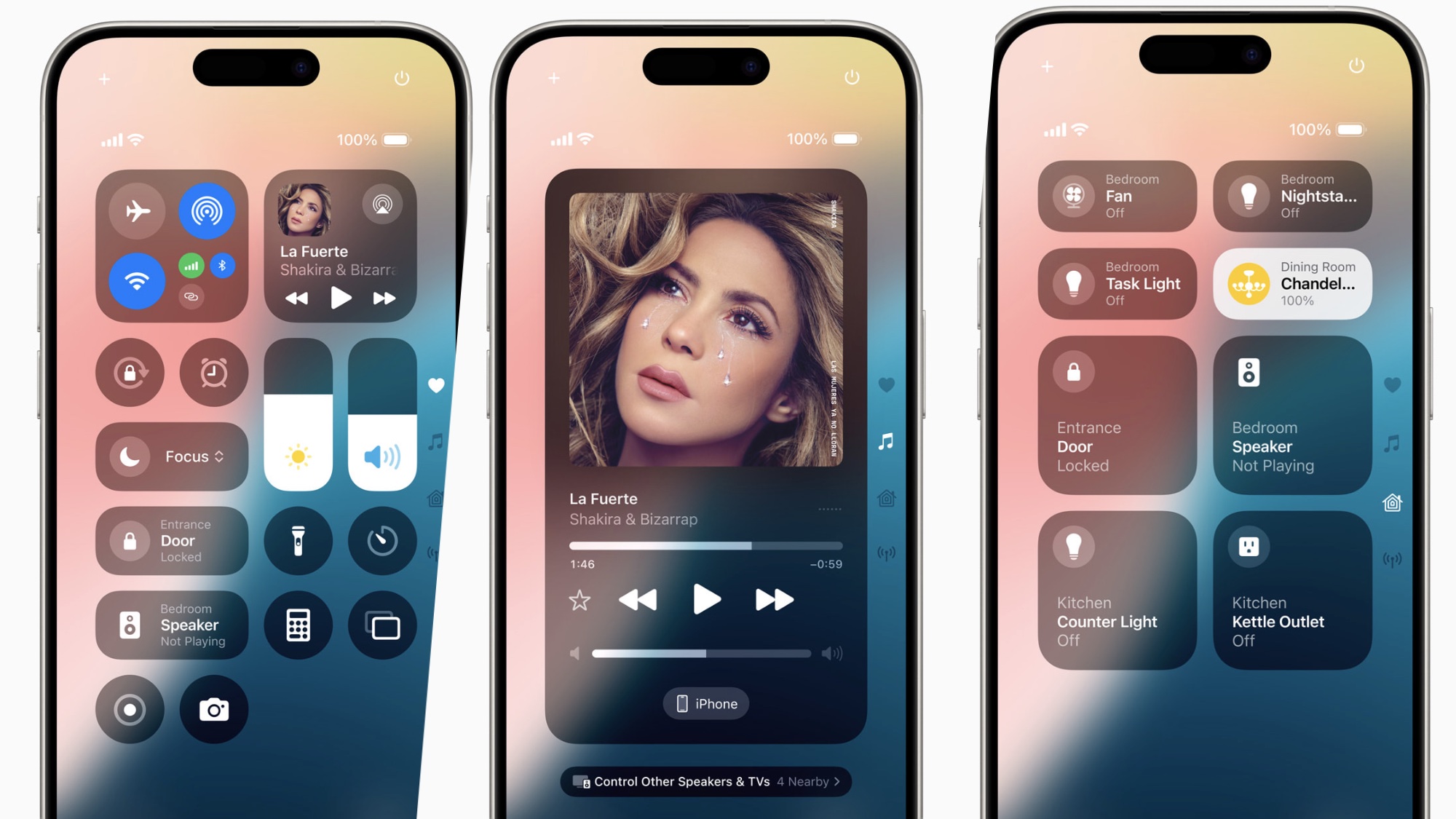
Apple’s Control Center has been pretty rigid, rarely changing and certainly not giving you the opportunity to personalize it to suit your own needs. That is changing with iOS 18, offering different panels and pages so that you can quickly access the settings and features you want when you want them.
Android has been doing something similar for some time now, letting you mix and match the tiles in the Quick Settings menu to suit your needs and tastes. That way you don’t have to scroll through a bunch of stuff you never use just to turn on Airplane mode or the flashlight, for instance.
Of course it doesn’t have the same kind of widget functionality Apple seems to be adding to iOS 18, which could give Apple a little advantage if that’s the kind of feature you'd want to use.
Photos organization
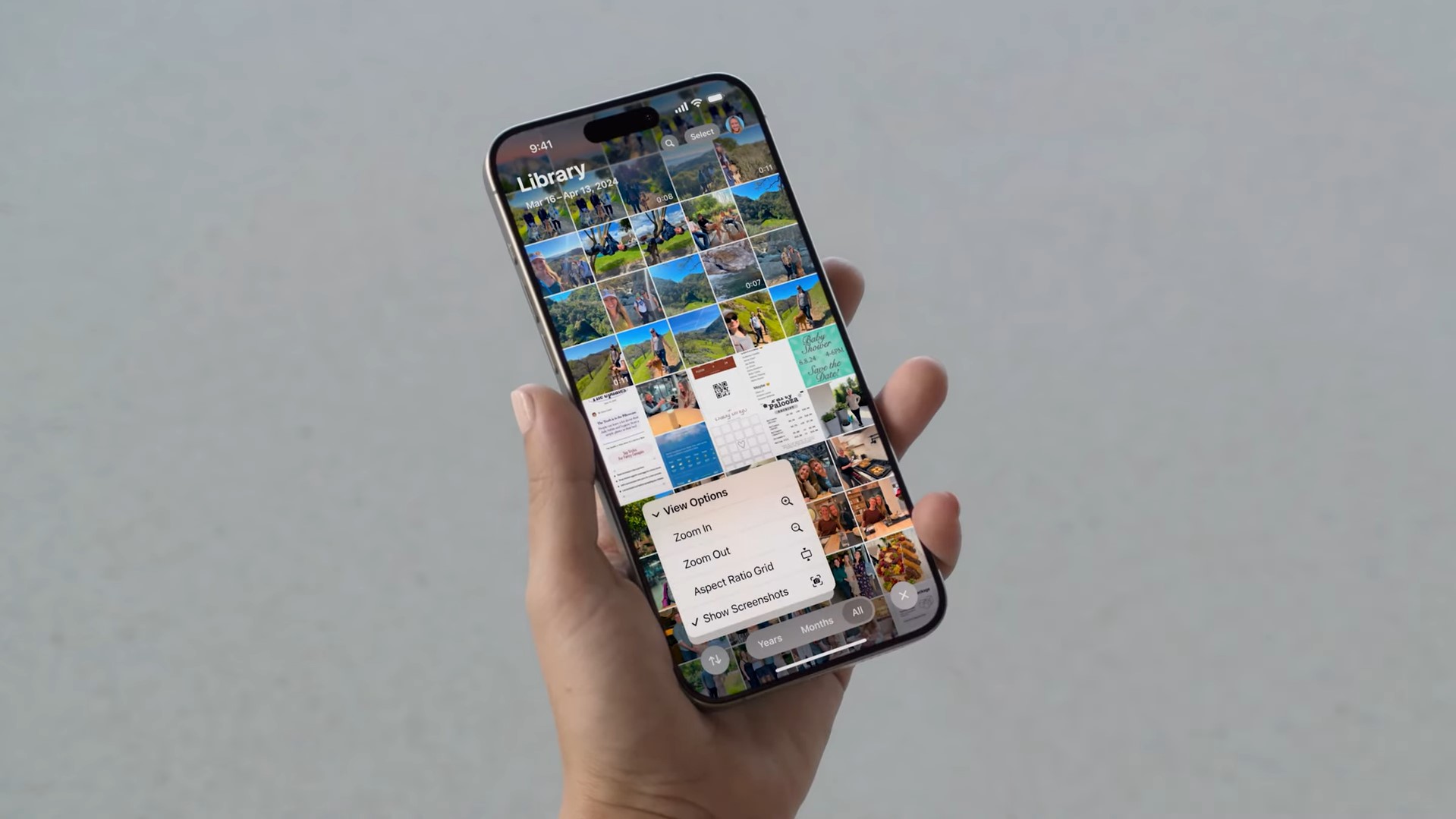
One of the key benefits of Google Photos is how the app organizes your photos, to help group certain kinds of pictures together to help you find what you’re looking for. Apple Photos offers some additional organization tools, but it’s nowhere near as extensive. Which will be why Apple is changing that with iOS 18.
Apple Photos will be getting a bunch of new personalization features including a Carousel of daily highlights, and categories that include Recent Days, People & Pets and Pinned Collections. That, combined with things Apple hasn’t told us about just yet, should help give Google Photos a run for its money.
Password Manager & Authenticator
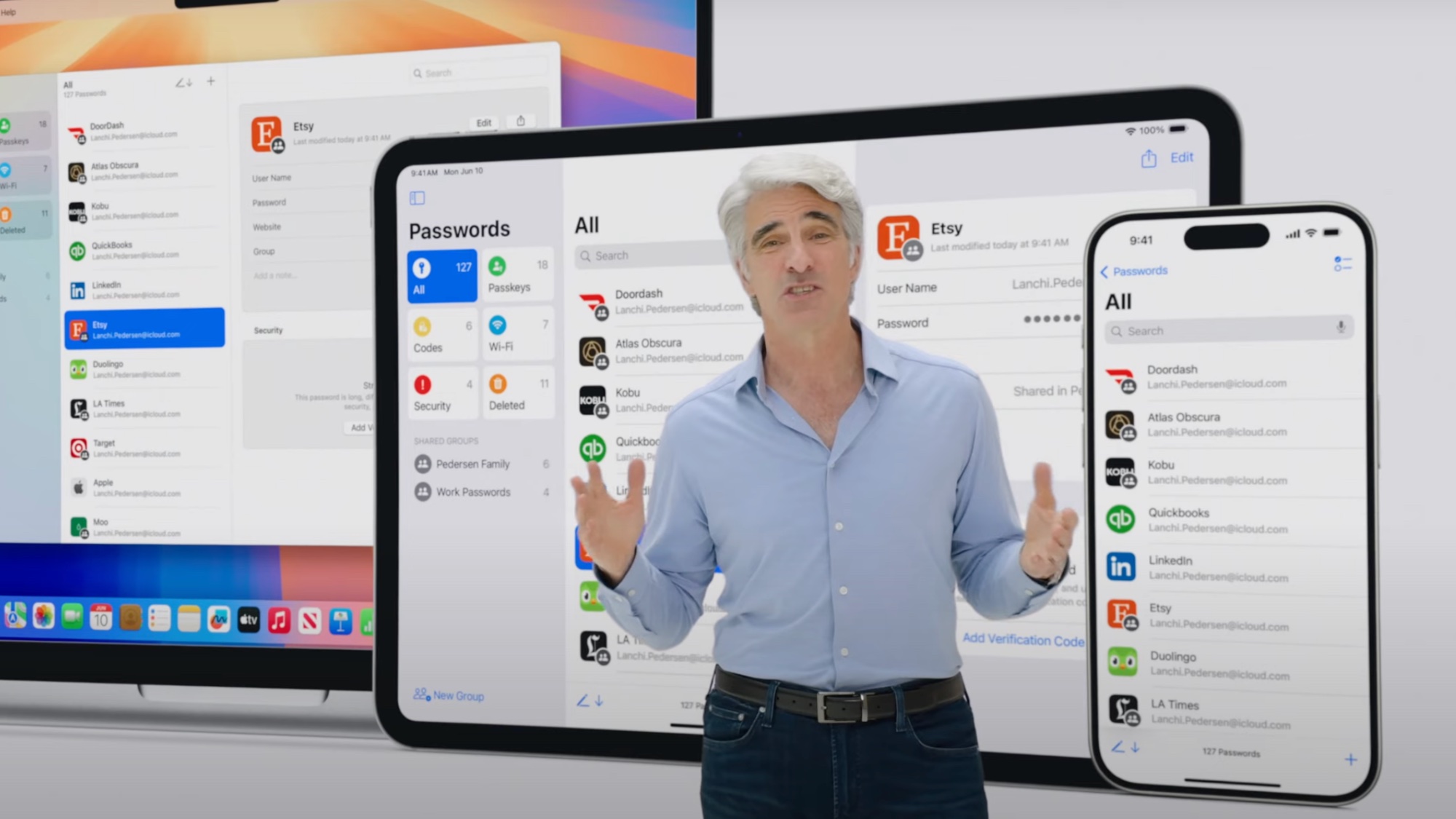
Apple has had a password manager for over a decade, but it isn’t the easiest one to access. Google’s in a similar boat, with no dedicated password manager app, though I’d argue it’s a little easier to track them down — especially since you can add a password manager shortcut to your home screen.
Google also has an Authenticator app for storing two-factor authentication codes — which Apple lacks. So Apple is tackling both problems at once, with a single app for storing iCloud passwords and 2FA authentication codes — alongside Wi-Fi settings.
iPhone mirroring on Mac
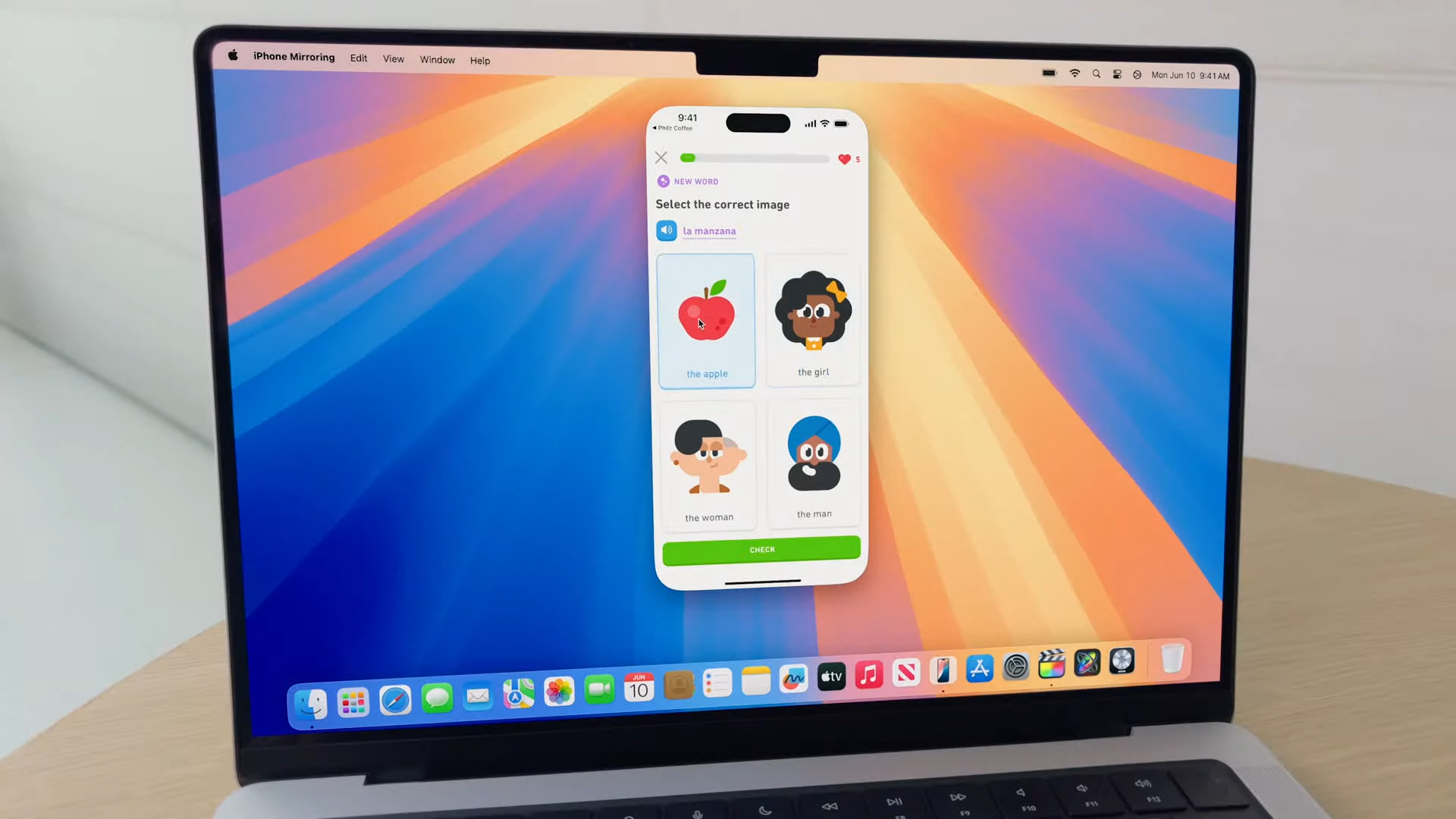
Considering how much control Apple has over its mobile and desktop ecosystems, it’s surprising that we haven’t seen more crossover before. Because there have already been numerous examples of Android phones having some kind of wireless desktop mirroring.
Companies like Huawei and Samsung, who make phones and laptops have been offering a feature like this for years on their products. It’s not something that’s been officially supported with ChromeOS, or Windows machines made by different manufacturers but it has been possible for at least 5 years now — even if it never took off in earnest.
RCS Messaging
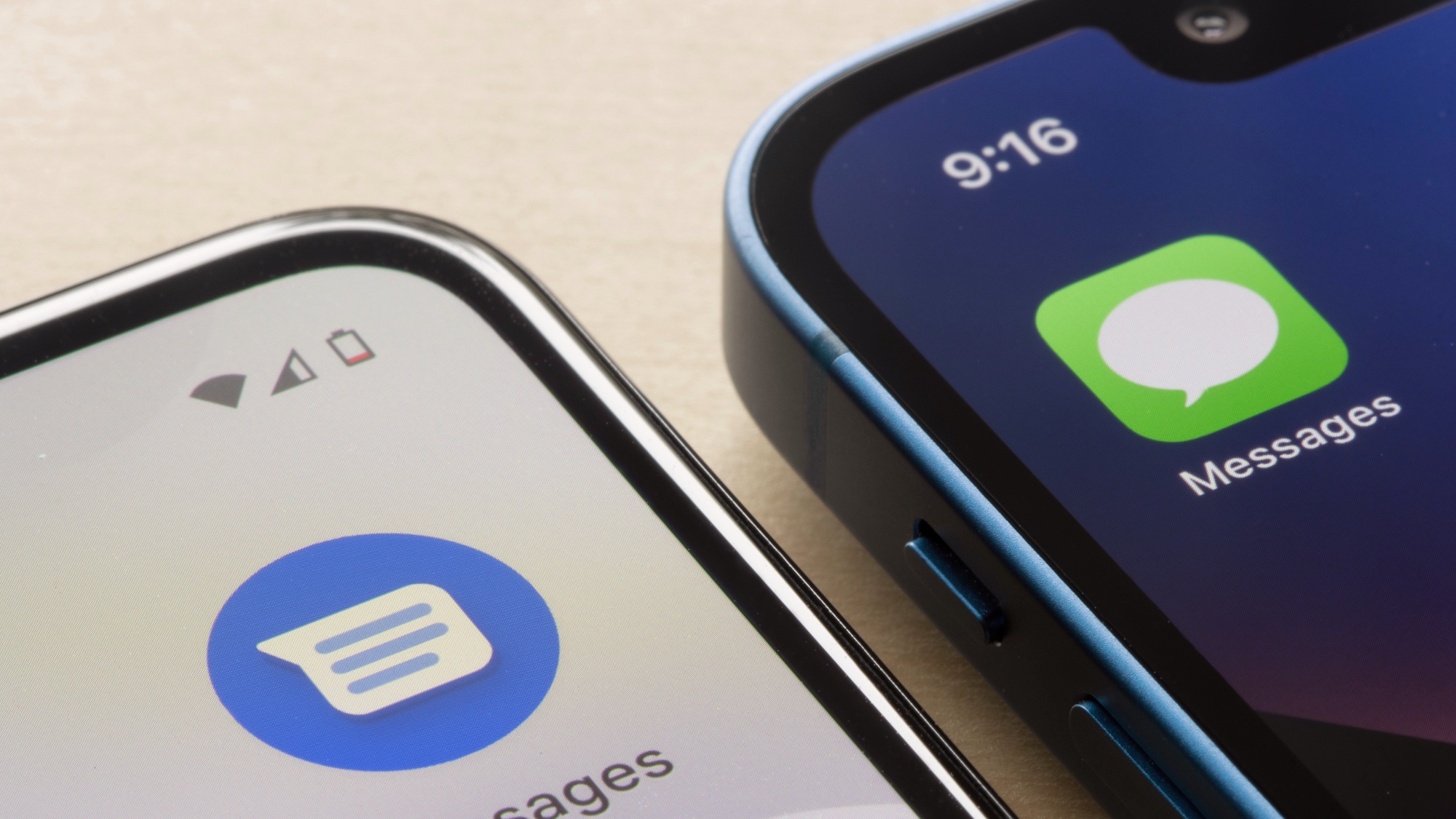
We knew it was coming, and we know why it’s taken Apple so long to implement RCS on its phones. iPhones have had iMessage for a very long time, offering the same kind of rich features afforded by RCS on other devices — plus encryption, colored bubbles and other Apple-exclusive features.
This means that iPhones and Android phones will be able to message each other without reverting to SMS and MMS. Ensuring that messages have better security, with actual encryption, and media files won’t be compressed down to atrocious quality thanks to 20-plus year old messaging standards.
Game Mode
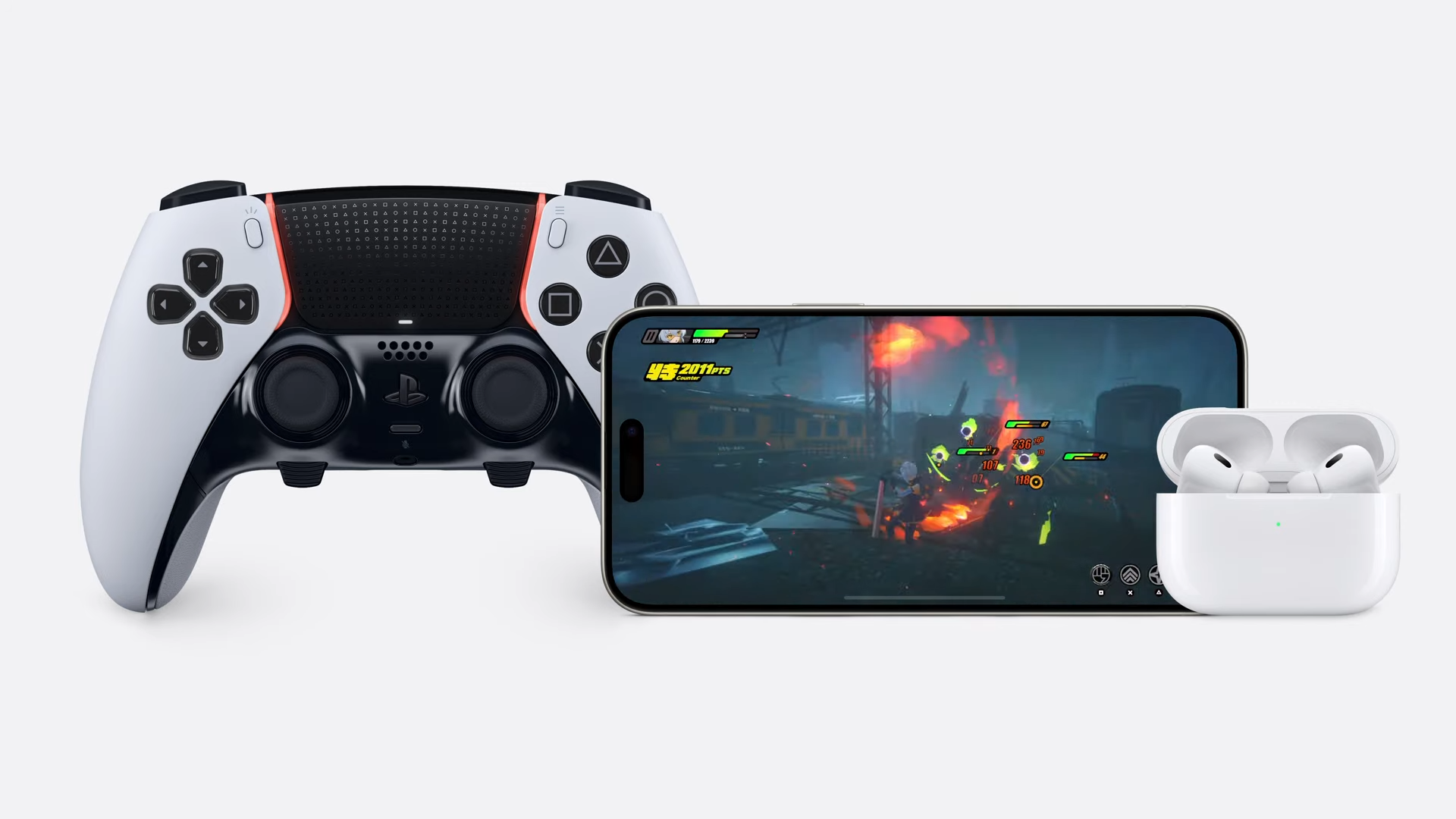
Even if you don’t have one of the best gaming phones, odds are you can find some kind of Game Mode on your Android phone. The idea being that your gaming experience will be improved by reducing distractions and interference caused by your phone’s other features — including boosting performance. Some phones can even boost wireless audio latency, to ensure you’re not getting any irritating delays.
Apple brought its own Game Mode to Macs last year, and this year it’s finally coming to mobile. And good thing too, considering Apple’s been pushing the idea of playing AAA titles on iPhone and iPad since the launch of the iPhone 15 Pro. From the sound of things this Game Mode isn’t dissimilar to the rest. It’ll stop different apps hogging system resources, improves latency on AirPods and ensures any wireless controllers are “incredibly responsive”.
More from Tom's Guide
- Apple Intelligence unveiled — all the new AI features coming to iOS 18, iPadOS 18 and macOS Sequoia
- iOS 18 — my 9 favorite new features that have nothing to do with Apple Intelligence
- iOS 18: 7 upgraded apps that slipped through the cracks at WWDC

Tom is the Tom's Guide's UK Phones Editor, tackling the latest smartphone news and vocally expressing his opinions about upcoming features or changes. It's long way from his days as editor of Gizmodo UK, when pretty much everything was on the table. He’s usually found trying to squeeze another giant Lego set onto the shelf, draining very large cups of coffee, or complaining about how terrible his Smart TV is.

